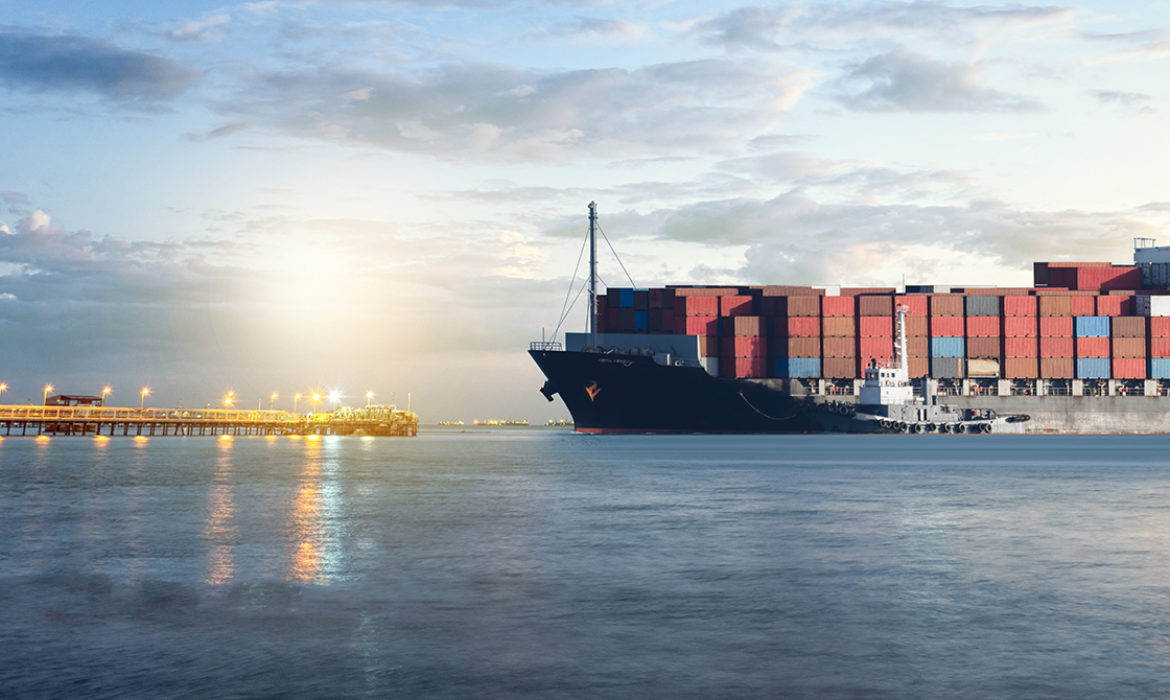
COP26: A data-driven approach to developing a net zero roadmap
While many businesses have set out on their net zero journeys, others are just getting started. Either way, the pressure on Boards to take action is mounting and planning for net zero has risen up the agenda.
Recovering from a Global Supply Meltdown
The Covid19 pandemic has had a profound impact on supply chains across the globe. As prices and inflation rise we look at causes behind this and how businesses can meet these challenges and plan for the future.
A CEO Perspective: Learning To Live With Disruption
Brexit and the Covid-19 pandemic continue to affect organisations across the business landscape. Decision-makers must find ways to live with disruption by adapting their business models, while controlling costs.
Managing supply and demand in a high-risk world
At a time when inflation is rising and supply shortages are impacting productivity, cost control has never been more important. So, how can manufacturers go about optimising costs when operating in uncertain markets?
Telecoms sector disruption could be more far-reaching than first thought
Simon Woodcock looks at the likely effects of current exceptional global challenges on the telecoms sector.
Perfecting data-driven procurement transformations
Pandemic-related business disruption has left procurement functions facing a number of challenges. So, how can businesses harness the power of data analytics in order to drive effective transformation?
Alstom Operations and Cost Reduction Improvements
Supporting Alstom to meet its delivery targets, while also reviewing the structure and improving the capability of the onsite procurement & supply chain team.
Post-pandemic uplift for OEMs and their suppliers
A new mood of supply chain cooperation and improved transparency could enable OEMs and suppliers to continue to adapt and thrive in the emerging post-pandemic marketplace.
How to ship a Li-Ion Battery
Here we provide practical guidance on the regulations around shipping lithium ion batteries, including mode of transport, battery capacity and packing method.